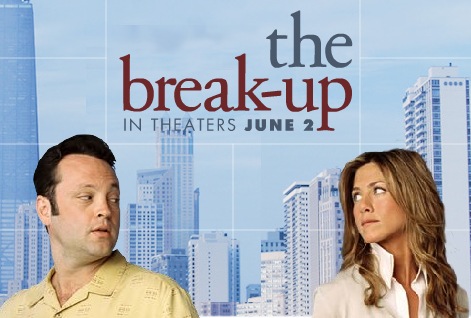
Alright, let’s talk about love, the kind that comes with designer wardrobes, private jets, and an expiry date shorter than your average carton of milk. Celebrities falling in and out of love isn’t just news; it’s a spectator sport. And we, the people, are avid fans, clutching our metaphorical popcorn, scrolling through breakup announcements like we’re bingeing a juicy Netflix series. But why does love struggle to survive when it’s draped in sequins and followed by a paparazzi caravan? Let’s dissect this with the precision of a tabloid editor on a slow news day.
“Let’s face it: watching celebrity relationships crumble is basically a national pastime,” as one observer aptly put it. One day, they’re posting lovey-dovey selfies, and the next, they’re parting ways in a PR statement that reads like a breakup cliché. Behind the headlines and tabloid covers, there’s more to these splits than just a bad moment or fleeting love. In the world of private jets, red carpets, and endless paparazzi flashes, keeping a relationship intact is harder than it looks. It’s a truth that resonates far beyond Hollywood, offering valuable, albeit often painful, lessons for us all.
The recent wave of high-profile celebrity breakups has dominated headlines, sparking widespread conversations about the complexities of relationships under public scrutiny. From the challenges of maintaining privacy to the emotional toll of highly visible separations, these stories resonate far beyond Hollywood. They offer valuable lessons for couples navigating their own relationship challenges, even without the glare of the spotlight. It’s an exploration into why even the most seemingly perfect romances can falter, and what hidden forces are at play in the glamorous, yet often brutal, arena of public affection.

1. The Pressure Cooker Effect of Constant Scrutiny
Imagine every argument you’ve ever had with your significant other—now multiply that by a thousand and add TMZ. Celebrities live in a perpetual pressure cooker where “every eye roll, every tense dinner, and every who-is-that-in-your-DMs moment is up for public consumption.” Every tender glance, every disagreement, every perceived slip-up is scrutinized, photographed, and plastered across the internet, leaving no room for raw, unfiltered human connection.
This constant surveillance transforms minor disagreements into magnified dramas, where private vulnerabilities become public spectacles. It’s incredibly difficult to have a heartfelt conversation, work through an issue, or simply be authentically ourselves when the world is metaphorically “lurking in the bushes with a telephoto lens.” The emotional toll of knowing your relationship is constantly being analyzed, judged, and speculated upon by millions of strangers must be immense, creating an oppressive atmosphere that suffocates intimacy.
As Gary Brown, PhD, a couples therapist, notes, public breakups “amplify the emotional difficulties of ending a relationship.” The “constant presence of media speculation, social media commentary, and public judgment can intensify feelings of vulnerability, shame, and loss.” While most of us don’t face this level of exposure, it highlights the importance of privacy and safeguarding our emotional well-being within our own relationships, a luxury celebrities rarely have.
Ultimately, this relentless pressure cooker environment makes true, uninhibited connection a monumental challenge. The very fabric of a relationship—trust, communication, and mutual vulnerability—is strained under the weight of constant external validation or condemnation. It’s a stark reminder that even in seemingly perfect unions, the absence of personal space can be a fatal flaw.
Read more about: From Stardom to Screens: How 12 Viral Moments Reshape Public Perception Forever

2. The “Schedule from Hell” and Demands on Time
“Hey babe, miss you. Wanna grab dinner?” “Can’t, filming in Iceland. You free next month?” “I’ll be in Tokyo.” This isn’t just a missed connection—”it’s the plot of every doomed A-list romance.” Celebrities aren’t exactly clocking nine-to-fives; they’re often “filming in four countries, promoting in five, and squeezing in an applaud worthy performance before breakfast.” Their lives are a whirlwind of commitments across continents, leaving precious little room for consistent, quality time with a partner.
Love, as we all know, requires time, presence, and consistent effort to flourish. However, for those in the entertainment industry, “time is something their assistants might pencil in for 2027.” The sheer logistical nightmare of aligning two high-flying schedules can make even the most committed partners feel distant and disconnected, slowly eroding the foundation of a relationship that thrives on shared moments and everyday intimacy.
The added pressures of conflicting schedules and professional demands can exacerbate communication issues, making it nearly impossible for partners to express their needs or resolve conflicts effectively face-to-face. This perpetual state of separation and demanding work environments naturally creates an immense strain that many relationships, regardless of wealth or status, simply cannot withstand, no matter how strong the initial spark.
This constant struggle to find common ground, literally and figuratively, due to demanding careers, ultimately takes its toll. “When partners fail to express their needs or resolve conflicts effectively, resentment can build over time.” For celebrities, this is amplified by their lack of time together, turning simple relationship needs into insurmountable obstacles.
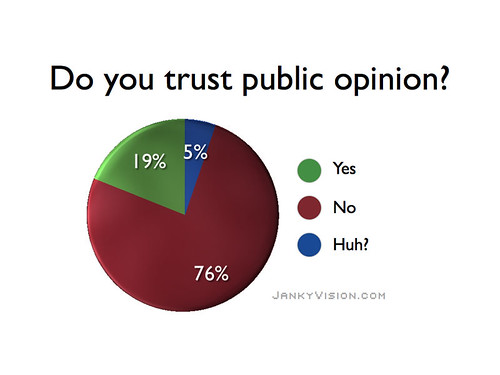
3. The Third Wheel: Unrelenting Public Opinion and Internet Meddling
You think your meddling aunt’s comments about your love life are bad? Try the internet. “One minute, fans are shipping your romance harder than Amazon Prime; the next, they’re lighting up Twitter with conspiracies about how you’re ‘faking it for PR’.” Relationships are complicated enough without “Karen786 leaving a novel-length essay under your Instagram post about why you’re ‘too good for him’.” This relentless, unsolicited input from millions transforms private emotional journeys into a global conversation.
Social media has democratized criticism, giving everyone a platform to weigh in, turning private relationships into public forums for debate, judgment, and unsolicited advice. “Fans track every move, making assumptions,” and couples can feel “forced to post happy photos just to stop rumors,” adding another layer of inauthenticity and pressure to their interactions that can warp genuine connection.
This constant external noise, coupled with the pressure to maintain a “couple-goals aesthetic,” means that authentic communication and connection can get lost amidst the clamor. The spotlight, as observed, “becomes a third person in the relationship,” amplifying small problems into big fights and making it incredibly difficult to navigate challenges with the peace and privacy needed for resolution and healthy growth.
The relentless scrutiny often means celebrities “can’t escape public eyes.” Even a simple breakup becomes a trending hashtag, and imagining trying to heal “while strangers argue about your life online” reveals the immense psychological burden. This interference profoundly impacts a couple’s ability to maintain privacy and a shared narrative, often leading to premature endings under duress.

4. Temptation in a World of Glamour and Co-Stars
Let’s face it: when your workplace is filled with impossibly gorgeous humans whose job it is to smolder for a living, fidelity starts looking like an Olympic sport. It’s hard to resist when you’re in a six-month on-set “fake” marriage for that Oscar-bait drama, and “suddenly, your co-star gets very method.” The lines between acting and reality can dangerously blur in these intensely emotional and often romantic professional environments, especially when intimacy is part of the job description.
The constant exposure to attractive, charismatic individuals, often in emotionally charged or romantic on-screen scenarios, creates a unique set of challenges for celebrity partners. While loyalty and trust are paramount in any relationship, the sheer volume of “impossibly gorgeous humans” in their daily lives inherently increases the opportunities for temptation, making commitment a constant, often exhausting, battle.
This aspect highlights the fragility of love, even in Hollywood’s most glittering circles. When “fame demands a lot, and love needs peace,” the intense professional landscape can make maintaining commitment a Herculean task. It’s a stark reminder that even the strongest bonds can feel weak under the glare of the spotlight and the constant, alluring presence of colleagues who embody the very ideals of beauty and charm.
The immersion in roles that demand intense emotional and physical chemistry with co-stars often blurs boundaries. This creates fertile ground for confusion and real feelings to develop, challenging the commitment to a partner off-screen. It’s an occupational hazard that many celebrity relationships ultimately succumb to, illustrating how external factors can profoundly impact personal choices.
Read more about: Silvia Pinal’s Enduring Legacy: A Deep Dive into the Life and Career of Mexico’s Golden Age Star
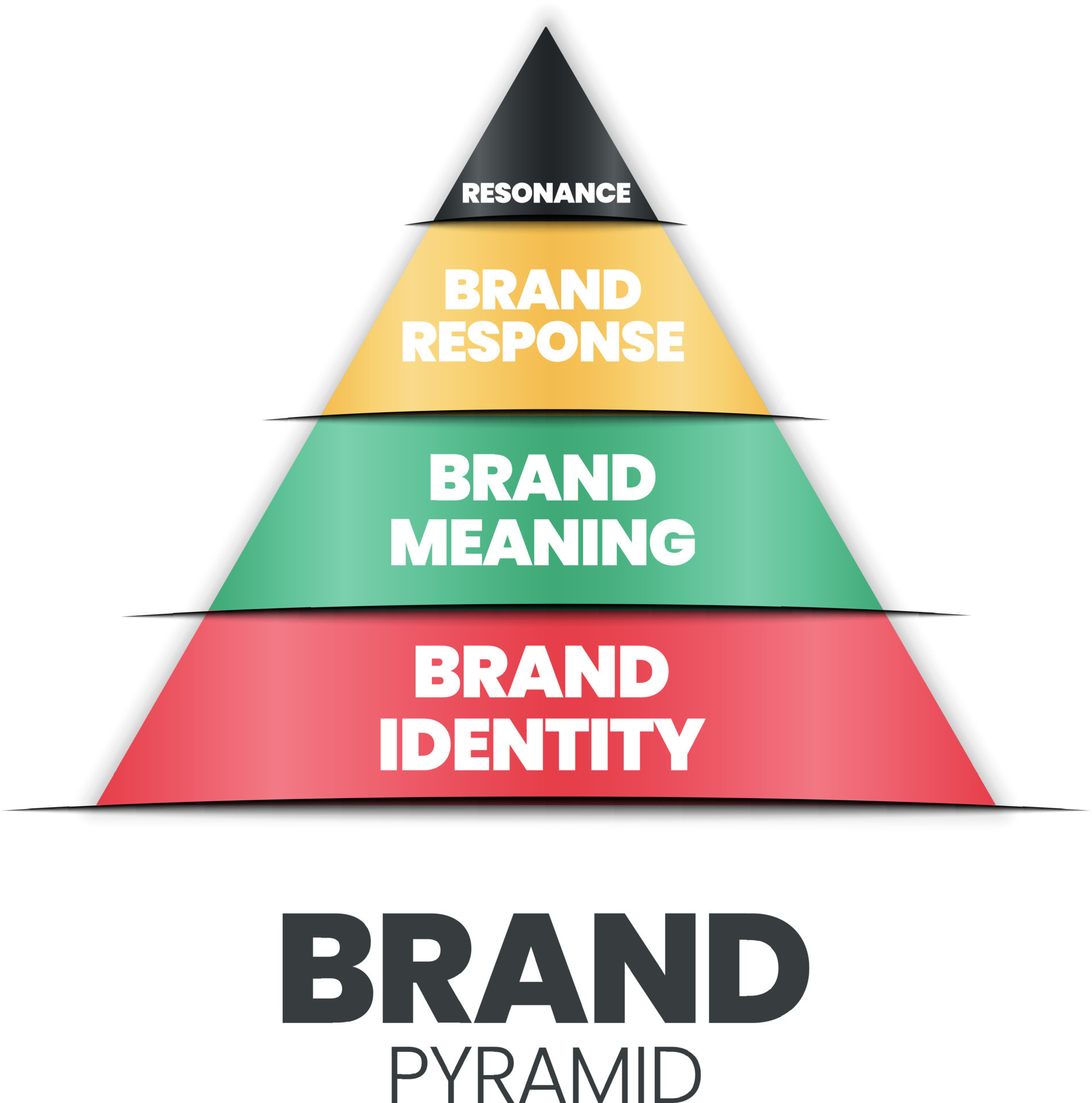
5. The “Brand Problem” and Strategic Rebranding of Relationships
Here’s a thought: maybe they’re not breaking up as much as they’re rebranding. “Love in limelight isn’t just about emotions—it’s about synergy.” When that synergy fizzles, “or the fans stop caring,” sometimes the breakup is “less heartbreak and more press release.” This cynical, yet often accurate, perspective suggests that relationships can become calculated extensions of a celebrity’s public persona, carefully managed for career benefits.
For some, a partnership might be strategically beneficial, aligning with “Q4 goals” or enhancing their public image through “couple-goals” aesthetics. When the perceived “brand” of the couple no longer serves their individual careers or public narratives, the relationship can be dissolved with the same strategic thinking applied to business decisions. “Because, honestly, ‘irreconcilable differences’ is celebrity code for ‘this partnership no longer aligns with our Q4 goals’.”
This isn’t to say emotions aren’t involved, but rather that the business of being a celebrity can often overshadow the personal aspect of a relationship, making it a transactional alliance. The pressure to maintain a marketable image can lead to decisions that prioritize career longevity over romantic longevity, making genuine connection, based purely on affection, even more precarious and vulnerable to external pressures.
When love is treated like a commodity, subject to market trends and public approval, its intrinsic value as a human bond is diminished. The focus shifts from emotional fulfillment to strategic advantage, leaving little room for the organic growth and vulnerability that true love requires. This creates a brittle foundation, easily shattered when the “synergy” no longer serves the personal brands involved.

6. The “Too Much, Too Soon” Curse of Whirlwind Romances
We’ve all seen it: whirlwind romance, surprise engagement, fairy tale wedding—all in six months. Love on fast-forward might work for Hallmark movies, but in real life, “it’s the emotional equivalent of a crash diet.” Sure, it looks great at first, but the crash? Brutal. The intense pace of celebrity life often translates into rapidly escalating relationships, leaving little time for true foundational building or for partners to genuinely know each other beyond the initial infatuation.
The desire for instant gratification, amplified by public attention and the expectation of grand gestures, can rush couples into commitments before they’ve truly understood each other’s flaws, habits, and long-term compatibility. This rapid progression means they often skip crucial stages of getting to know one another, navigating everyday challenges, and building resilient trust through shared experiences over time.
When the initial excitement and glamour fade, and the harsh realities of shared life set in, these quickly formed bonds often struggle under the weight of unforeseen incompatibilities. “What we see online is a highlight reel, not real life,” and the absence of a strong, slowly built foundation makes these relationships particularly vulnerable to the myriad pressures of celebrity life, collapsing under scrutiny rather than standing strong.
True partnership takes time to cultivate, requiring patience and a willingness to explore both the beautiful and the challenging aspects of each other. When relationships are accelerated by fame and public expectation, this crucial developmental period is often overlooked, leading to a superficial connection that lacks the depth needed to weather the inevitable storms of life, famous or not.

7. Reality Check: When Love is Performance Art, Not Just Emotion
Here’s the kicker: most celebrity relationships aren’t just about love—”they’re about the idea of love.” The grand gestures, the red carpet PDA, the Instagram couple-goals aesthetic—”it’s romance as performance art.” This means that what the public sees is often a highly curated, idealized version of reality, designed for maximum public impact, adoration, and to feed the insatiable appetite of their fans.
When the performance ends, what’s left? “Just two humans who probably forgot how to do the dishes.” The pervasive emphasis on public spectacle can dangerously overshadow the private intimacy required for a healthy, grounded relationship. The constant need to present a perfect front can make it incredibly difficult for partners to be truly vulnerable, imperfect, and genuinely themselves with each other behind closed doors.
This inherent superficiality, born out of the relentless demands of fame, can slowly hollow out the core of a relationship, leaving it fragile and unsustainable. When the cameras stop flashing and the social media likes cease to flow, couples are often left with the unglamorous truth of their connection, which may not be as robust, deep, or authentic as its public portrayal suggested.
Ultimately, this phenomenon underscores that “love, no matter how public, is always deeply personal,” and performance art often struggles to sustain genuine intimacy over the long term. The illusion of perfection, while captivating to the public, creates an unsustainable pressure on the real people involved, making the eventual unraveling of these ‘perfect’ relationships almost inevitable.
Read more about: Fact Check: 14 Biopics So Inaccurate Their Real-Life Subjects Would Be Absolutely Fuming!

8. The Power of Projection: When Their Story Becomes Ours
It’s fascinating how a stranger’s heartbreak can feel so eerily familiar, isn’t it? As Gary Brown, PhD, a couples therapist, wisely observes, “People tend to project their own relationship experiences onto celebrities.” This isn’t just a casual observation; it’s a profound psychological phenomenon that turns celebrity breakups into highly personal, introspective moments for us all. We see fragments of our own past loves, our own struggles, and our own fears reflected in their public narratives, often without even realizing it.
This act of projection often serves as a powerful, albeit subconscious, coping mechanism. When a celebrity’s relationship falters, it can validate our own relationship challenges, making us feel less alone in our struggles. Seeing a beloved star navigate similar waters provides a strange form of comfort and reassurance. Their highly publicized pain makes our private heartache feel a little less isolating, a little more understood, reinforcing that we’re all in this messy love thing together.
This emotional mirror effect has only intensified with the relentless rise of social media. Brown credits this shift in how high-profile breakups are received to “a cultural desire for authenticity it’s bred.” Increased access to stars’ personal lives (or at least the appearance of it) fosters “parasocial bonds.” These one-sided, deep connections make us feel closer to celebrities, blurring the lines between fan and friend, and in turn, making us more eager to see our own lives and values reflected in their very public behavior.
Following our favorite celebs on Instagram, right alongside our real-life friends, fundamentally alters our perception. We begin to see and judge them as our peers, making their relationship dramas feel incredibly personal and relatable. This heightened sense of connection means their breakups aren’t just news; they’re validations, warnings, or even blueprints for navigating our own complex romantic landscapes.
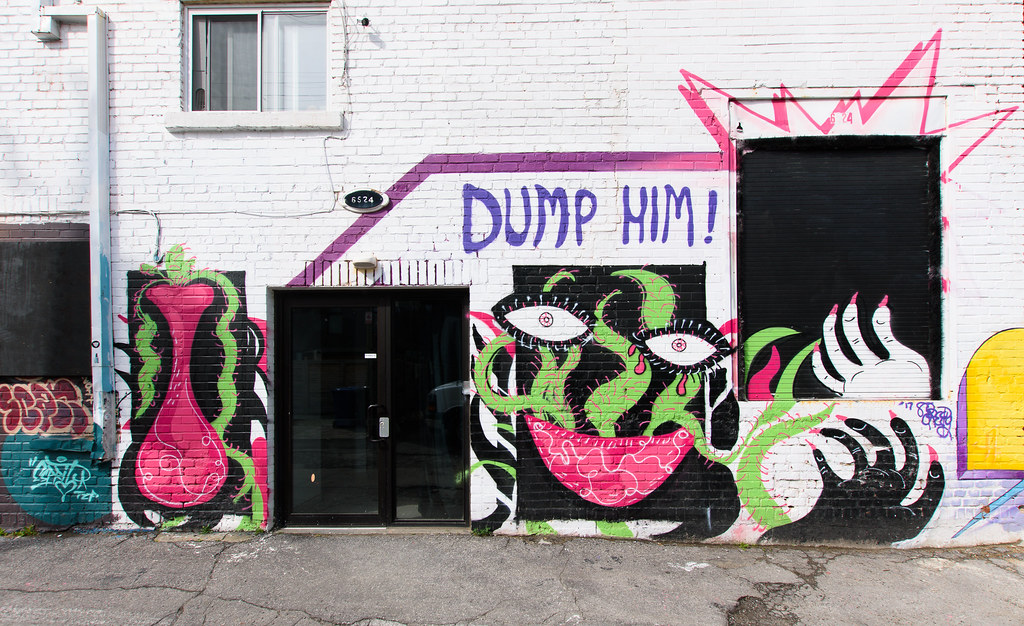
9. A Collective Sigh of Relief: The “Dump Him” Phenomenon
Remember that moment when Sydney Sweeney’s engagement ended, and a collective cheer seemed to erupt across the internet? It hinted at a deeper, evolving public sentiment. We’ve entered an era where cheering for a newly single woman in the spotlight, especially if she’s perceived as having “won” the breakup, has become almost a default reaction. It’s as if we’re silently urging them to reclaim their power, reflecting a shift from mourning lost love to celebrating newfound independence.
This sentiment often manifests in powerful, symbolic gestures, like the iconic Britney Spears “Dump Him” shirt. On the surface, it feels progressive, even feminist, embodying a fierce independence. It begs the question: are we genuinely happy for *her*, truly believing she’s better off alone? Or are we, on a more vulnerable level, seeking validation for our own breakups and subsequent singlehood, needing to believe that *we* are better off alone, too?
This public response also seems to be a timely reflection of a broader cultural cynicism towards romantic relationships, particularly heterosexual ones. Trends like “boysobriety” and the “4B movement” actively encourage women to de-center men and relationships from their lives. Add to this the pervasive “men are trash” variety of heteropessimism that’s saturated social media for years, and it’s no surprise we find ourselves instinctively rooting for newly single stars. Their newfound freedom becomes a symbol of empowerment, mirroring a growing societal embrace of self-sufficiency.

10. Schadenfreude and the Comfort in Shared Heartbreak
Let’s be real for a moment: sometimes, there’s a tiny, almost imperceptible part of us that finds a strange pleasure in others’ misfortune. Denis Muller from the University of Melbourne’s Centre for Advancing Journalism succinctly puts it: “When the great and good come crashing down we have a good deal of pleasure.” Gary Brown, PhD, also notes that there’s likely a level of “schadenfreude” at play when we consume celebrity breakup news. It’s an unflattering truth of human nature, but it’s undeniably part of the equation.
For those of us who have experienced our own share of heartbreak and romantic setbacks, there’s a distinct feeling of validation in seeing that even the most seemingly perfect celebrities are not immune to such struggles. Their glamorous lives can feel impossibly out of reach, but their pain brings them down to our level. It’s a subtle comfort in realizing that wealth, fame, and beauty can’t shield anyone from the universal ache of a broken heart.
This isn’t to say we actively wish ill upon anyone, but rather that there’s a deeply human need to feel seen and understood. When someone widely revered—someone we might even envy—suffers in the same way we have, it creates a sense of shared humanity. It highlights that no matter how privileged their existence, they still “bleed the same color blood and experience psychological pain just like the rest of us,” as Brown reminds us. This shared misfortune, while revealing our own insecurities, can paradoxically offer a strange form of solace.
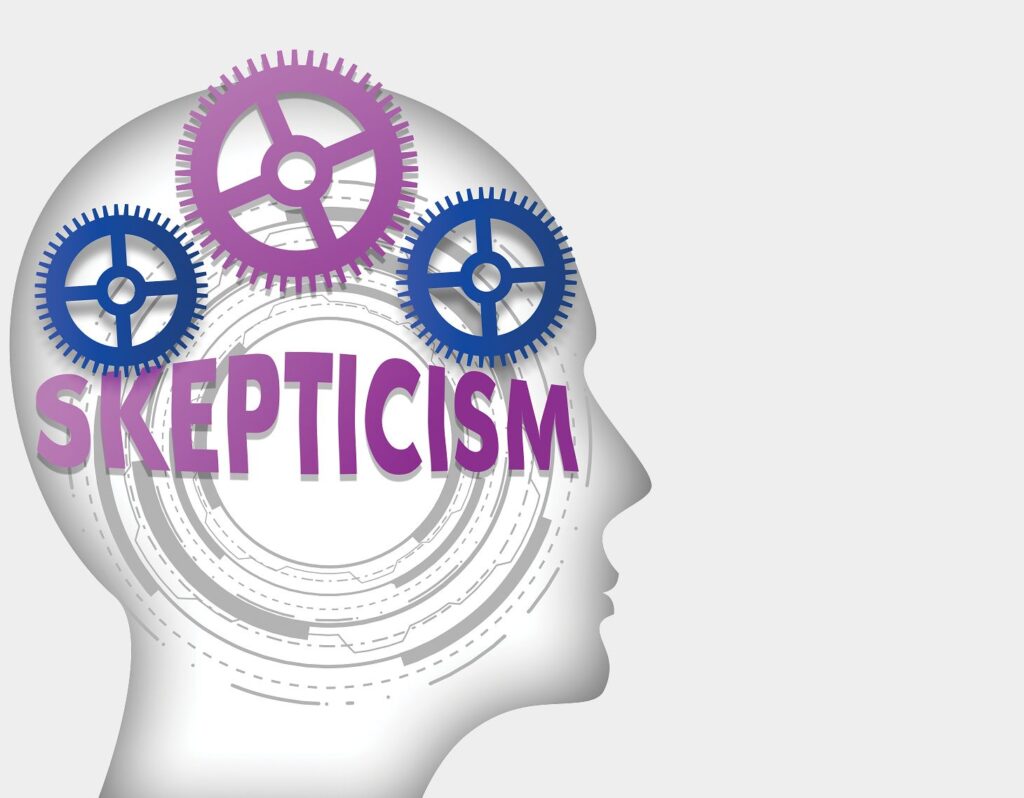
11. Dismantling “Couple Goals”: A New Era of Skepticism
It wasn’t that long ago that “couple goals” was the reigning hashtag, and celebrity pairings were often held up as pinnacles of romantic perfection. We’d swoon over their coordinated outfits and red carpet PDA, believing these relationships were somehow different, untouchable. However, as the context points out, we’ve shifted into “a more shrewd if also more cynical age of celebrity consumption.” The days of blindly idealizing every A-list romance seem to be fading, replaced by a much healthier dose of skepticism.
This isn’t just about being jaded; it’s about a fundamental re-evaluation of what we expect from public figures’ love lives. Instead of automatically accepting a celebrity couple as a monument to romantic perfection, we’re now “more eager to see them as flawed, not unlike our own relationships.” Think about the criticism aimed at Selena Gomez’s relationship with Benny Blanco, or the relentless trolling Joe Alwyn received after his split from Taylor Swift, painted as “unsuccessful and ‘unworthy'” of his famous ex. These are symptomatic of a broader trend.
Social media, ironically, plays a huge role in this dismantling of “couple goals.” While it fosters parasocial bonds, it also democratizes criticism, giving everyone a platform to weigh in. We track every move, make assumptions, and feel “emboldened to eye their relationships more critically.” This constant scrutiny and the sheer volume of “likes” and comments mean that maintaining a “couple-goals aesthetic” can feel inauthentic, transforming love into “romance as performance art.”
When the performance ends, and the cracks show, it reinforces the idea that even the most glamorous relationships face struggles, just like ours. This newfound skepticism, while sometimes harsh, serves to ground our expectations. It reminds us that “what we see online is a highlight reel, not real life,” and that true love, in all its messy reality, is far more complex than any curated Instagram feed could ever convey.

12. The Envy-Driven Narrative: “Our Love is More Real”
There’s a subtle, almost insidious undercurrent to how we sometimes view celebrity breakups: a desire to believe that our “normal” relationships are somehow superior. Gayle S. Stever, PhD, points to “the longstanding trope that ‘celebrity relationships never last’,” suggesting that the public may find validation in splits that seem to confirm this stereotype. This isn’t just about observing a pattern; it’s often fueled by an “envy-rooted desire to believe that our non-celebrity relationships are somehow more valued and hard-earned” than those of the rich and famous.
It’s an interesting psychological twist, isn’t it? We might tell ourselves that celebrities “don’t invest enough in their relationships and sacrifice them to fame and fortune,” as Stever suggests. This cynical viewpoint implies that their relationships are disposable, less genuine, and ultimately, less meaningful because they’re entangled with the demands of the spotlight. It’s a way for us to protect our own experiences, to elevate our own sacrifices and commitments in love, by subtly diminishing theirs.
This narrative allows us to feel a sense of moral superiority, even when we’re consuming their drama with avid interest. We imagine our love, built away from the glare of paparazzi and social media trolls, is more authentic, more resilient. This comparison, however subtle, highlights our deeply ingrained human need for significance and validation. By drawing a distinction between “their” fleeting, glamorous loves and “our” enduring, authentic ones, we reinforce our own values and beliefs about what makes a relationship truly worthwhile.

13. Beyond the Headlines: Universal Lessons in Communication and Resilience
While celebrity breakups often serve as fodder for gossip, they also offer surprisingly profound, universally applicable lessons about love, loss, and the art of moving forward. Beyond the drama, these high-profile splits reflect fundamental truths about relationships that resonate with all of us, famous or not. They underscore that, at their core, relationships are built on pillars of communication, respect, and an incredible amount of resilience.
One of the main contributors to publicized breakups, as the context details, is often a “breakdown in communication.” When partners, celebrity or otherwise, fail to express their needs or resolve conflicts effectively, resentment inevitably builds. For stars, conflicting schedules and professional demands can exacerbate this, making real connection difficult. This highlights for all couples the crucial importance of active listening, empathetic dialogue, and creating a safe space for vulnerability.
Celebrity breakups also serve as compelling narratives about resilience. While public figures often have access to extensive support networks, their ability to reframe personal setbacks into opportunities for growth is truly inspiring. We see them navigate intense emotional difficulties, often amplified by media speculation and public judgment, yet many emerge stronger, focusing on self-care and professional support. This ability to heal and evolve, even when the world is watching, offers invaluable insights for anyone facing hardship.
Ultimately, these stories strip away the glamour to reveal something raw and real: love is messy, people grow apart, and navigating these challenges requires inner strength. Whether it’s setting boundaries, seeking therapy, or simply taking time offline to heal, the lessons learned from celebrity splits—communication, respect, and resilience—are not just for Hollywood. They are universally applicable blueprints for building healthier, more fulfilling partnerships, or for finding strength in their dissolution.
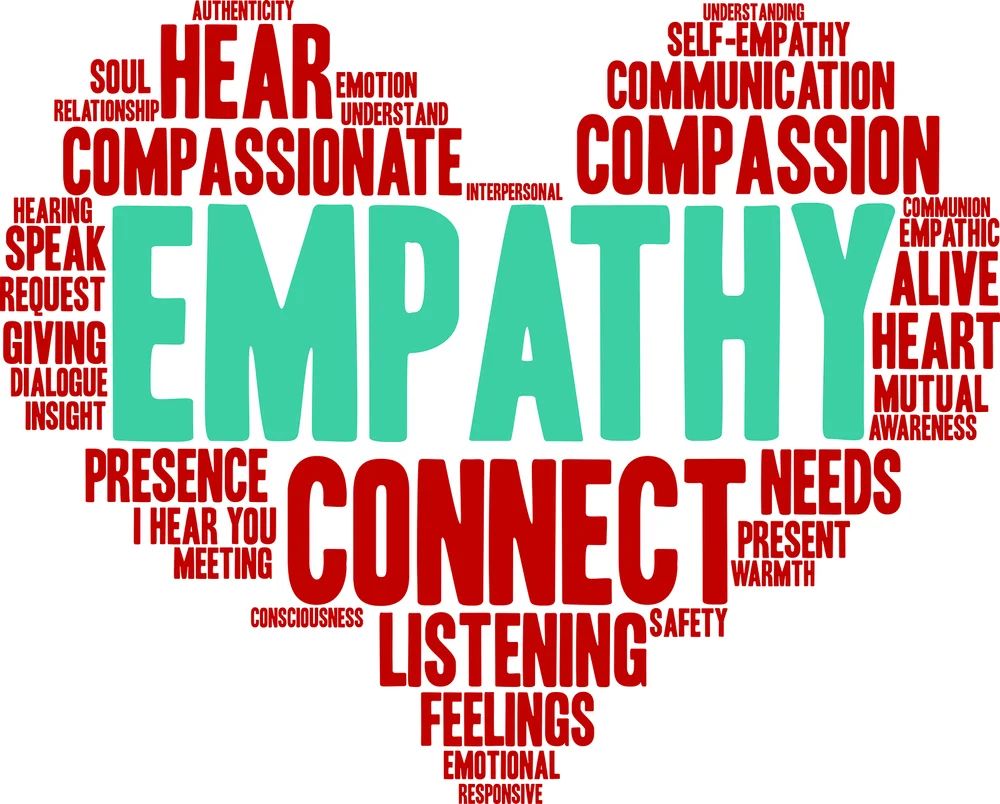
14. The Empathy Imperative: Remembering Their Humanity
As we dissect the intricate dance of celebrity breakups, it’s crucial to remember a fundamental truth that often gets lost amidst the headlines and social media frenzy: “Public figure or not, they bleed the same color blood and experience psychological pain just like the rest of us.” This powerful reminder from Gary Brown, PhD, cuts through the glitz and glamour, bringing us back to the shared humanity that binds us all. Their heartbreak, though broadcast globally, is as raw and personal as our own.
Regardless of whether we liked a celebrity’s ex-partner, or how we feel about their public persona, “they still deserve the same empathy we would be grateful for if it was us.” It’s easy to dehumanize those in the spotlight, to view them as characters in an ongoing drama. But the constant presence of media speculation, social media commentary, and public judgment only intensifies their feelings of vulnerability, shame, and loss, turning a private ending into an inescapable public spectacle.
The internet, with its often-harsh landscape, rarely pretends to be a kind place. But as consumers of these stories, we have a choice. While it might be tempting to instinctively root for a downfall or revel in someone else’s pain, the context wisely advises us to keep such sentiments to ourselves. Imagining trying to heal “while strangers argue about your life online” reveals the immense psychological burden celebrities carry. A little empathy, a conscious decision to refrain from adding to the noise, can go a long way.
Celebrity breakups offer a powerful, albeit often dramatic, mirror to our own lives. They remind us that “love, no matter how public, is always deeply personal.” Strip away the fame, the fortune, and the endless commentary, and you’re left with two people navigating the complex, often painful, terrain of human connection and disconnection.
So, there you have it. From the relentless pressure cooker of fame to the intricate ways their breakups reflect our deepest insecurities and hopes, celebrity love stories are far more than just juicy gossip. They’re a vibrant, messy, and endlessly fascinating reflection of our own understanding of love, relationships, and resilience in the modern age. As we continue to navigate our own romantic journeys, perhaps we can learn to embrace the honesty these public sagas offer, finding comfort in shared experiences and fostering a little more empathy for everyone—whether they’re on a red carpet or just trying to get through Tuesday.


